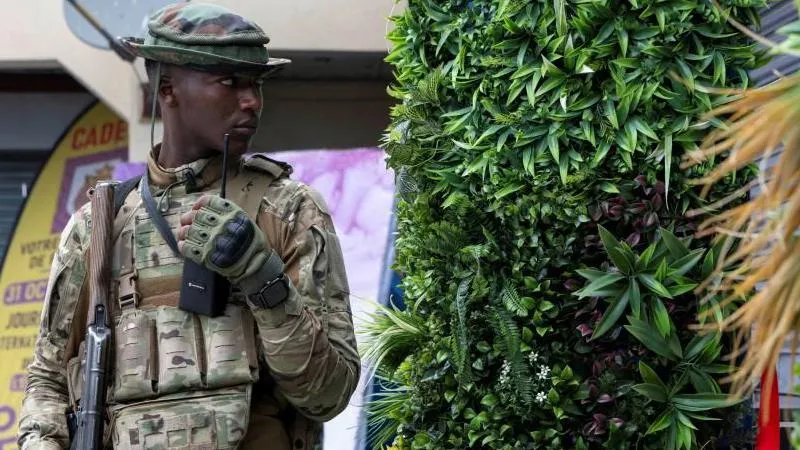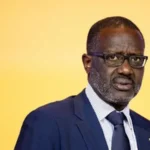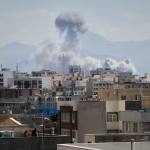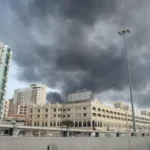The Democratic Republic of Congo (DRC) and the M23 rebel group have reportedly reached a ceasefire agreement during talks mediated by Qatar in Doha. While details remain sparse, initial reports suggest a significant step towards ending the ongoing conflict that has ravaged the eastern part of the country for years.
The M23 rebellion, formed from elements of the Congolese army, has fought intermittently since 2012. Motivations behind their insurgency have included grievances over perceived marginalization, accusations of corruption, and the lingering effects of regional conflicts. The fighting has displaced countless civilians, created a humanitarian crisis, and destabilized the broader Great Lakes region.
Evidence suggests a multifaceted approach to the negotiations. Beyond the immediate ceasefire, discussions likely focused on longer-term solutions. This is crucial given past ceasefires that have proven short-lived without addressing root causes of the conflict.
Key factors that fueled the recent negotiations likely include international pressure from regional bodies like the East African Community (EAC), the involvement of influential neighboring countries, and growing fatigue among both the Congolese government and rebel groups regarding the ongoing violence.
The specific clauses of the agreement remain shrouded in confidentiality. However, the existence of such a deal can potentially lead to several positive consequences. First, a prolonged ceasefire could allow for significant humanitarian aid to reach internally displaced people and reduce the suffering of the civilian population. Second, it creates a platform for negotiations concerning political reforms and addressing the underlying grievances that spurred the rebellion.
Past similar efforts, though, have not always resulted in lasting peace. The DRC’s history of armed conflicts and political instability raises concerns about the sustainability of this agreement. Careful monitoring and ongoing engagement by international actors are vital for the long-term success of this negotiated peace.
There is already some initial positive sentiment towards the deal. The hope is that this agreement marks a genuine turning point towards lasting peace. Further details will emerge in the coming days, but the potential for a significant improvement in the lives of millions in the DRC’s eastern region is substantial. Ultimately, the success of this ceasefire will depend on the commitment of all parties to implement the agreement and address the underlying causes of the conflict.
Email Us on editorial@nnafrica.com













